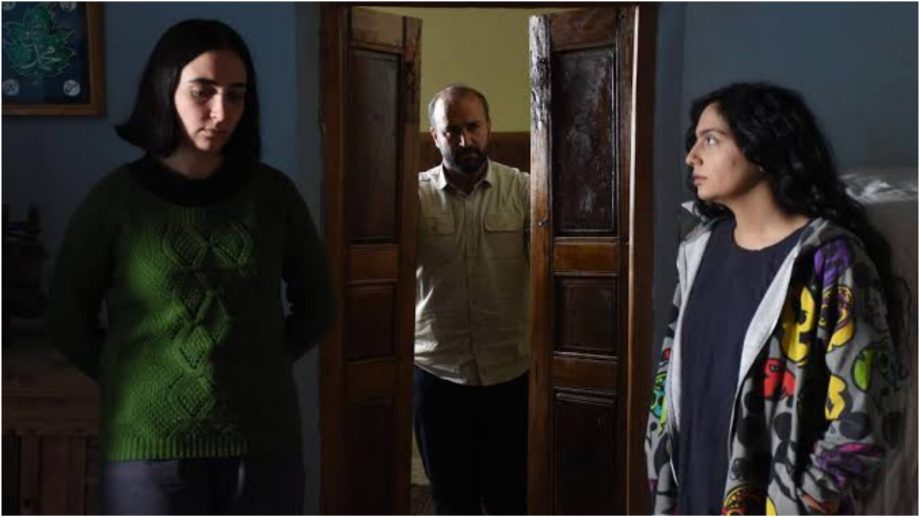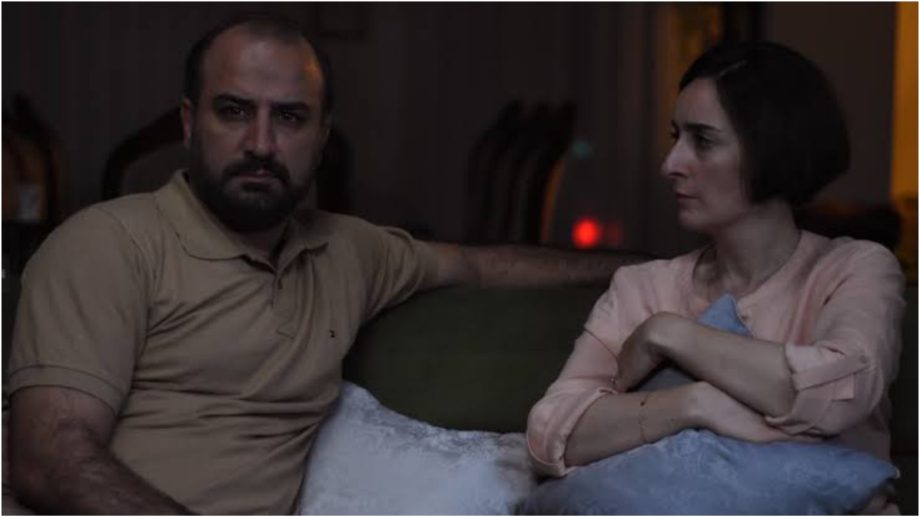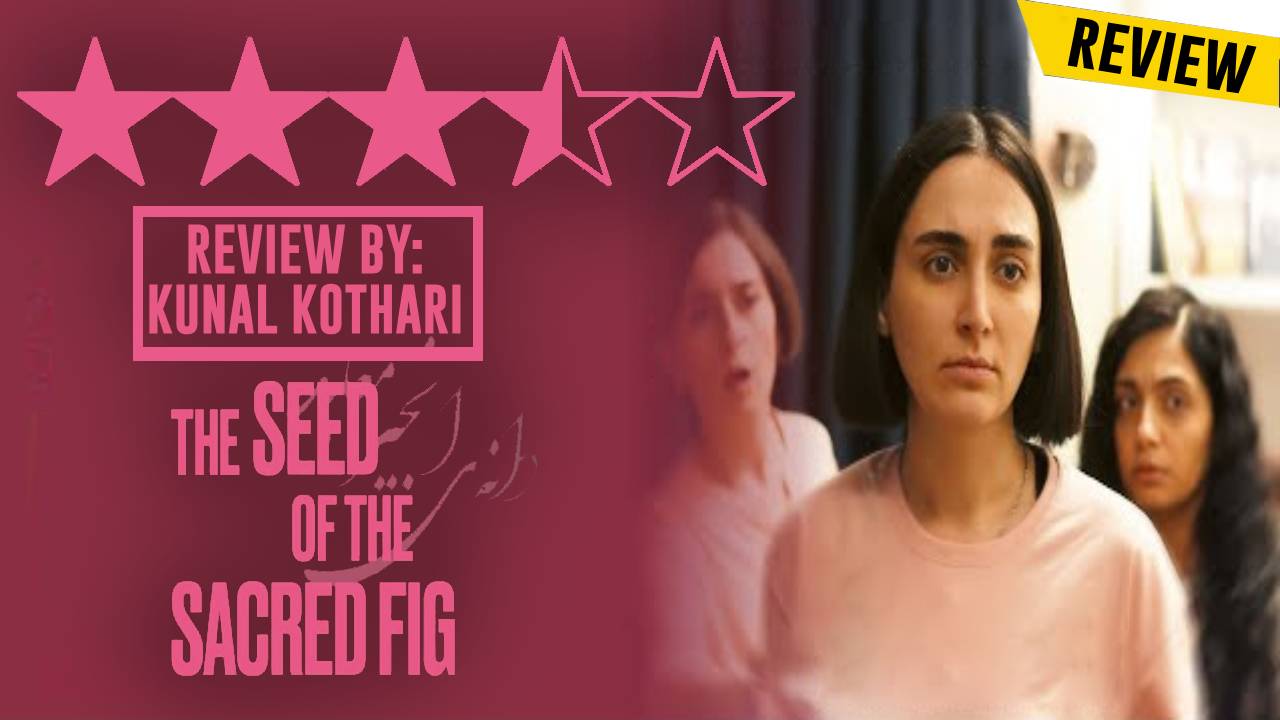The Seed of the Sacred Fig
Rating – ***1/2 (3.5/5)
Cast: Missagh Zareh, Sohelia Golestani, Mahsa Rostami, Setareh Maleki & more
Directed by: Mohammad Rasoulof
In theaters in India: 24th January, 2025
To center a narrative on political unrest in a country you associate with such turmoil, and then boldly pivot into an intimate personal conflict, is as daring as the act of making The Seed of the Sacred Fig itself. Mohammad Rasoulof’s Persian masterpiece, steeped in controversy and a reflection of the struggles the director has endured in his career, is a film designed to disquiet. It unnerves you in ways you expect yet are wholly unprepared for.
From slogans like “down with theocracy” to the harrowing realities of misogyny, hijab mandates, and the claustrophobic existence of women facing restricted lives, the film unpacks these themes as one might anticipate. Yet, its true brilliance lies in weaving these macro-level crises with the microcosm of one family’s vantage point. The household of Iman (Missagh Zareh), an ambitious lawyer newly promoted to state investigator—just a rung away from the revolutionary court’s bench—becomes the lens through which we witness the political catastrophe.
Iman’s promotion brings perks: a better salary and upgraded accommodation for his wife Najmeh (the formidable Soheila Golestani) and their two daughters, played with raw authenticity by Setareh Malek and Mahsa Rostami. But his shiny new role collides with a rising anti-hijab movement, teenage rebellion, and the unexpected disappearance of the government-issued handgun entrusted to him.

What starts as a simmering family drama in the first half, set against Tehran’s swelling unrest, morphs into something far darker in the second. The missing gun triggers an implosion of familial dynamics, unraveling layers of discord that were long hidden beneath the surface of what seemed to be a harmonious unit. Rasoulof meticulously crafts this shift, juxtaposing the outwardly tranquil veneer of a traditional Iranian family with the fissures of generational, ideological, and emotional disconnect lurking underneath.
Soheila Golestani’s Najmeh is a standout, anchoring the chaos with her portrayal of a mother torn between protecting her daughters and maintaining the fragile fabric of her family. Her nuanced performance resists clichés; she is not a victim, even when victimized. Golestani imbues Najmeh with a quiet strength, her presence towering and resolute as she sacrifices her own desires for her children’s safety and dignity.
The film’s title, The Seed of the Sacred Fig, evokes cultural and symbolic roots, subtly unraveling its thematic resonance as the story unfolds. Rasoulof’s direction is masterful, capturing the oppressive tension with deliberately bleak visuals and a minimalistic score. The recurring motif of shared meals evolves poignantly, shifting from mundane family dinners to a climactic feast that feels more like a last supper, loaded with unspoken finality.

Despite its brilliance, the film does falter at times. The dichotomy between the political and personal narratives occasionally feels uneven, and a few sequences meander away from the core. Yet, these are minor quibbles in a film that ultimately haunts you.
By the time the credits roll, you are left sitting in silence, grappling with the film’s weight. Rasoulof doesn’t just tell a story—he forces you to live it, feel it, and then take a breath. The Seed of the Sacred Fig is a cinematic experience that lingers long after the screen fades to black.


